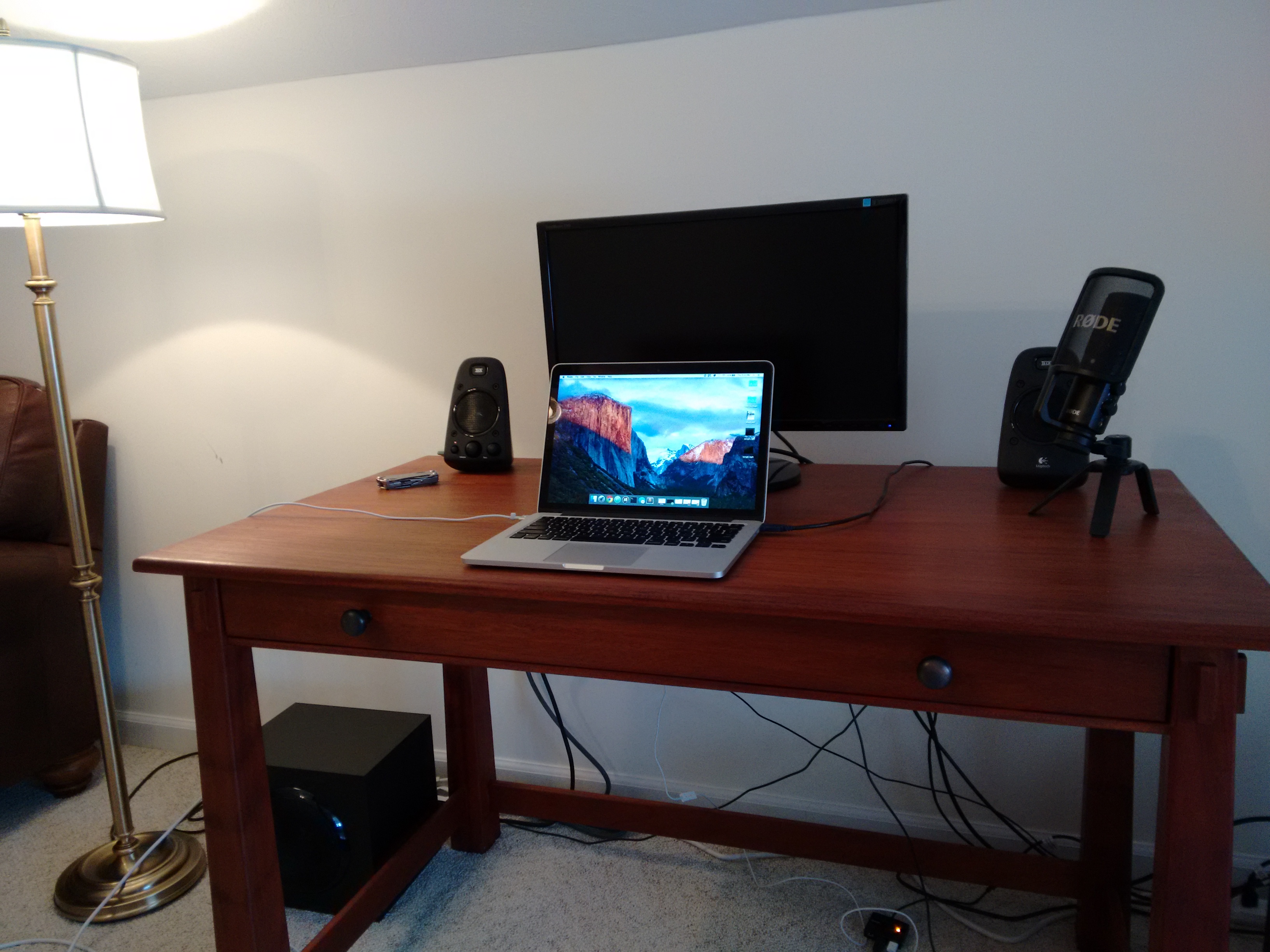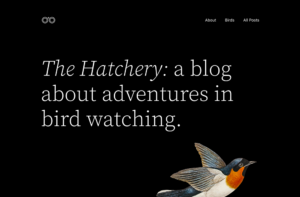So far we’ve introduced you to 60+ of our esteemed professionals and experts in the sphere of CMS. Today we’re simply beside ourselves to introduce you to Matt Gibbs. Matt has been professionally developing for the past 10 years (8 involving WordPress). He is currently the lead developer of an advanced filtering plugin for WordPress — FacetWP, visual custom fields management plugin — Custom Field Suite, and WP-CFM — plugin allowing to easily manage and deploy WordPress configuration changes.
In our interview, Matt prides himself on being a doer rather than a talker, however, he knows how to talk. Spare your sweet time to know Matt a bit better and read his shared experiences, lessons, and actionable insights below. Enjoy 🙂
Thanks for joining us today, Matt. Please, tell us a bit more about your background, how long have you been working with WordPress and about your current ventures.
Sure, I’ve been a software developer for about 10 years (8 involving WordPress). At my former employer (Forum One), we dabbled with lots of tools and frameworks: Drupal, WordPress, Angular, etc. WordPress really stood out for me because of its great balance between power and simplicity.
In 2008, I created the Pods plugin to add a UI to custom fields. That’s when I began to really appreciate WP’s hook system. Custom Field Suite followed in 2010, as did a handful of other plugins thereafter. In late 2013, I started a hobby project called FacetWP.
Client work takes its toll after a while. In June 2015, I decided to start a new adventure. After a much-needed break, I started working on FacetWP full-time, and haven’t looked back since.
When was the first time that you really got excited about WordPress and at what point did you decide to make it your career?
Drupal is a powerful CMS, but I found it pretty frustrating. Every little change seemed to take way more effort than it needed to. Module dependencies are great until one day the “house of cards” comes crashing down. When I first discovered WordPress, it was a breath of fresh air. I quickly became my company’s “WordPress evangelist” and, for new projects, helped determine whether WordPress would be a good fit.
Where do you go first to get WordPress news, insights, and updates?
Post Status. The email digests are second to none, and the Post Status Slack channel is a gold mine of knowledge.
As a web developer, what are the online communities (e.g. Dribbble, Twitter etc) you like to hang out at and what value do each of them provide?
Twitter, Post Status, and Hacker News are all great online communities. Twitter is a great way to catch up with other developers and keep up with announcements. Hacker News (HN) is useful for reading tech news *outside* of WordPress. Post Status has a Slack channel with about 500 developers, constantly sharing useful information.
What performance tips would you give to beginners (as related to speed, scalability, security, plugins, backup, etc.)?
Stand on the shoulders of giants. There’s tons of great code out there begging to be read. Start small (like with the Hello Dolly plugin), understand how the code works, and keep iterating.
Most of my skill set comes from (a) reading the code of better developers, and (b) failing, then learning from it.
So what does FacetWP do? What do you think helps your solution stand out from other WordPress filtering plugins in the field?
FacetWP is an advanced filtering plugin. It’s kind of like the filtering you’d see on Amazon, where you “sift through” results by choosing color, price, features, etc. So it’s a great way to help users find the right content or products.
FacetWP is different because it’s “true” faceted search. It only shows choices that would return actual results, and the filters show real-time counts. It’s also much faster than other filtering plugins, due to how we’re storing and processing the data.
What you are currently working on?
FacetWP is now my full-time job, so I spend most of my day providing support, improving the documentation, and developing new features.
I also try to contribute to other open-source projects as much as possible. This week I’ve been focusing on GitHub Updater and Easy Digital Downloads.
What’s the coolest project you’ve ever worked on with WordPress?
PSI.org is probably the coolest website. Forum One did a great job with the design, and we’re using Custom Field Suite to handle all the data relationships. Almost any post item on the site can be related to any other post item.
If by project you mean plugin, I’d say Easy Digital Downloads. The plugin itself is great, but what I find even cooler is how they’ve managed to foster such a vibrant community of contributors.
What do you think is the biggest challenge for WordPress CMS to face in 2016?
Identity. Today, most users see WordPress as a CMS with a *consistent*, easy-to-use admin area. With the new REST API in place, developers now have the freedom to build their own admin areas… or even use WordPress as just a database. WordPress is positioned to evolve into less of a traditional CMS, and more of an application framework. How this pans out is anyone’s guess.
If you could change one thing about WordPress today, what would it be?
I’d move the WordPress codebase (and issue tracking) to GitHub. We’d see much more community participation.
What new features would you like to see in upcoming versions of WordPress?
Instead of adding new features, I’ve love to see a few versions dedicated to modernizing the existing codebase, and improving the features already in place.
Have you ever faced the problem of website migration? If so, how did you manage to resolve it: by converting your website data manually or via an automated tool?
Yes, each migration is a special little snowflake. In my experience, there’s no such thing as a fully automated migration. There’s usually considerable time spent data mapping, especially for sites switching to another platform. I’ve tried ETL (Extract, Transform, and Load) tools in the past, such as Pentaho, but at least some of the content usually requires some custom scripts.
Tell us a bit about your working setup (hardware + software). Can you shoot us a picture of your desk?
My hardware setup consists of a 13″ MBP, some trusty Z623 speakers, and a Rode NT USB microphone.
Software: Atom, Sublime 2, Yummy FTP, ScreenFlow, Sequel Pro, Droplr, and Dropbox.

Finally, have we missed anything? Here’s your chance to fill in the blanks and add something you want people to know about you!
Thanks for your time!
We want to sincerely thank Matt for the time he has spent with us and wish him best of luck with FacetWP and his new projects 🙂
Enticed to see how your website looks like on WordPress? Start Free Demo Migration! Fast. Easy. No Coding!










